Author Spotlight - David R. Roth
Debut author David R. Roth discusses the inspiration behind his novel The Femme Fatale Hypothesis—out today—and what’s next.
What inspired your novel?
I’m of the Joan Didion school of writing: I write entirely to find out what I’m thinking. Being a person of a certain age, I have had a great deal of direct experience with death over the last decade. I buried a sister, my mother, my mother-in-law, my father-in-law, a close friend and a beloved dog. There were some good and some very bad deaths. It struck me just how different death is when the dying lose agency and their deaths are outsourced to our institutions – medical, legal, political. I wanted to think about the reality of death in the context of some imaginary lives that interested me and explore what I think about it.
What was the biggest change from first draft to publication?
After having a freelance editor read my first draft, I decided to revise the narrative point of view. One of the big questions writers face when crafting a story is whose story is it? Whose “truth” filter is going to determine what is told, what is noticed and what language will be used. That single choice determines so much about a story. You have to be constantly asking yourself if this character could know this bit of information, and if so, how, and if not, how does the information get to the reader…et cetera. From the outset, I wanted this story to have three distinct perspectives represented. My first draft was written in first person, present tense limiting my characters and readers to what is going on in the moment. I determined that the first-person construct was too limiting. It didn’t allow for the interiority I felt the story needed. Thus, the move to a close third-person narrative in three voices.
What has been the most rewarding part of your publication journey?
I think of the writing process and the publishing journey as two separate things. Writing is its own reward; publishing is the business of writing and its rewards are hard fought. That said, having a publisher read my book and tell me she wanted to publish it was a major thrill. You only debut once, so that moment was about as rewarding as this journey gets.
How did you start writing and what made you pick up the pen (so to speak)?
As she lay dying, my 90-year-old mother and I discussed death and its aftermath. An avowed Atomist, she believed we are born of and return to dust. She recommended I read Stephen Greenblatt’s The Swerve, a nonfiction paean to the Epicurean philosophical poet Lucretius’ On the Nature of Things. It is the story of the man who rediscovered Lucretius’ poem centuries after all copies were thought to have been destroyed. Its protagonist, Poggio Bracciolini, chose to live his dream—the austere life of a book hunter—rather than pursue more lucrative options available to him. The sentence summarizing his reasoning rose from the page like a taunt. “The pattern of dreaming, deferral and compromise is an altogether familiar one; it is the epitome of a failed life.” I realized I was living just such a life and it was time to do something about that.
What are you working on right now?
I’m just putting the finishing touches on the first draft of my second Marrsville novel. I have a few Marrsville novels in the works, like Strout’s Crosby, Maine but without her focus on a single character. So maybe more like Erdrich’s Little No Horse Reservation without her expansive cast of characters. My second novel is quite different from the first. It’s what I hope will be seen as a literary crime novel. I originally thought I’d try my hand at knocking out a crime “cozy” just for fun. Figured it would take me 3-6 months. But as I read more literary crime novels, like John Banville’s Snow, Michael Chabon’s The Final Solution, Tana French’s In The Woods and even Louise Erdrich’s Justice Trilogy, I was reminded that crime—a shorthand for humankind’s capacity for inhumanity—is not the purview of genre fiction. Criminal acts are at the heart of so much terrific literature. My story deals with criminal abuses of human remains driven by the money to be made trading in human tissue and body parts. My protagonists are a retired PI and his journalist niece. It’s been fun. I’m 18 months in and likely have a couple more to go.
About David
David R. Roth has an undergraduate degree from Stanford University and an MFA from Cedar Crest College’s Pan-European program. He has studied writing at New York University, The American University in Paris, and Drexel University’s Storylab. His short stories have appeared in Passager Journal, Moss, and Every Writer. His work focuses on fictional lives lived in fictional river towns in Bucks County, Pennsylvania, his real home for four decades. The Femme Fatale Hypothesis is his debut novel.
About The Femme Fatale Hypothesis
A gripping story about a woman with a ferocious desire to defy death, her husband’s increasingly futile attempt to deny death, and their widowed neighbor, who tries to help as a way to distract from her own loss and sense of isolation. As Rose Geddes’s late-stage lung cancer progresses and her husband Kelsey’s ability to care for her diminishes, their neighbor, June Danhill, stumbles into the middle of this couple's intersecting crises. June’s only son has recently moved his family to California. So, she embraces the opportunity to distract herself from her loneliness by helping to care for the Geddeses. But it isn’t long before June realizes that Rose wants more from her than she is willing to give.
Love and loss, family secrets, a long-forgotten keepsake, and the sexual cannibalism of the false garden mantid all fuel this dark drama that tests the thin line between mercy and murder.


